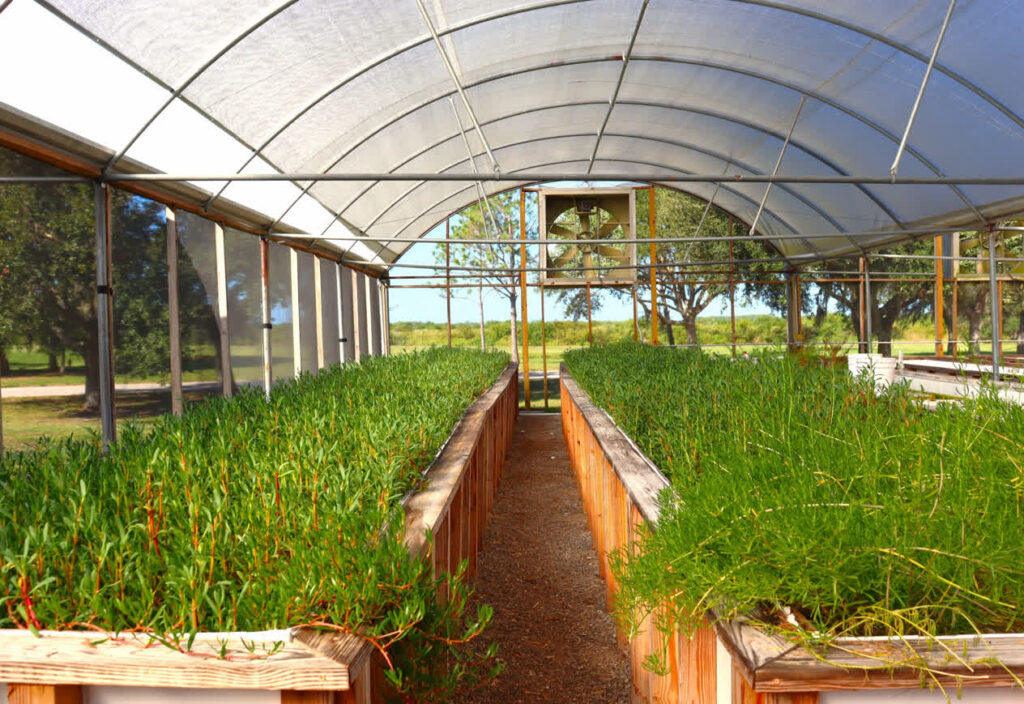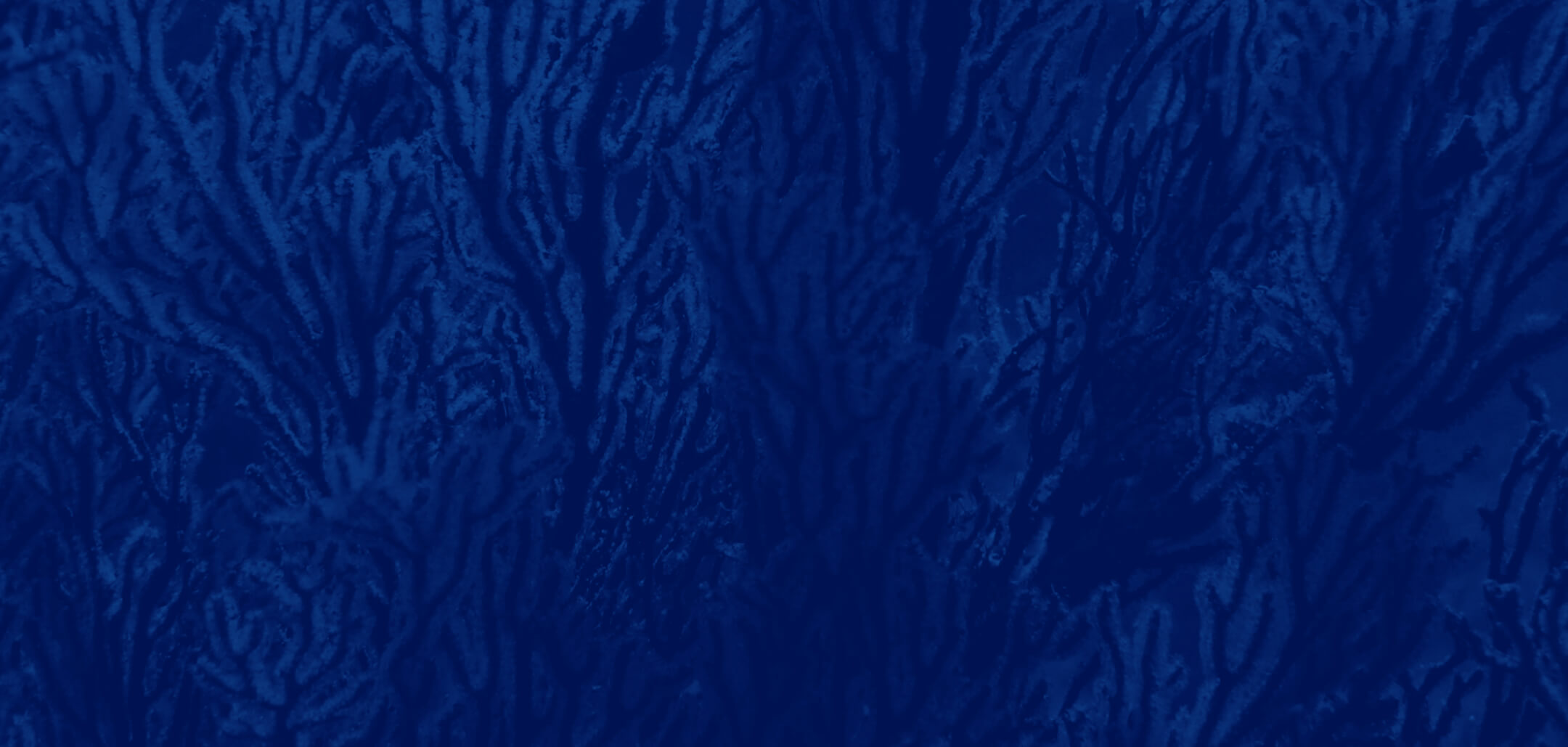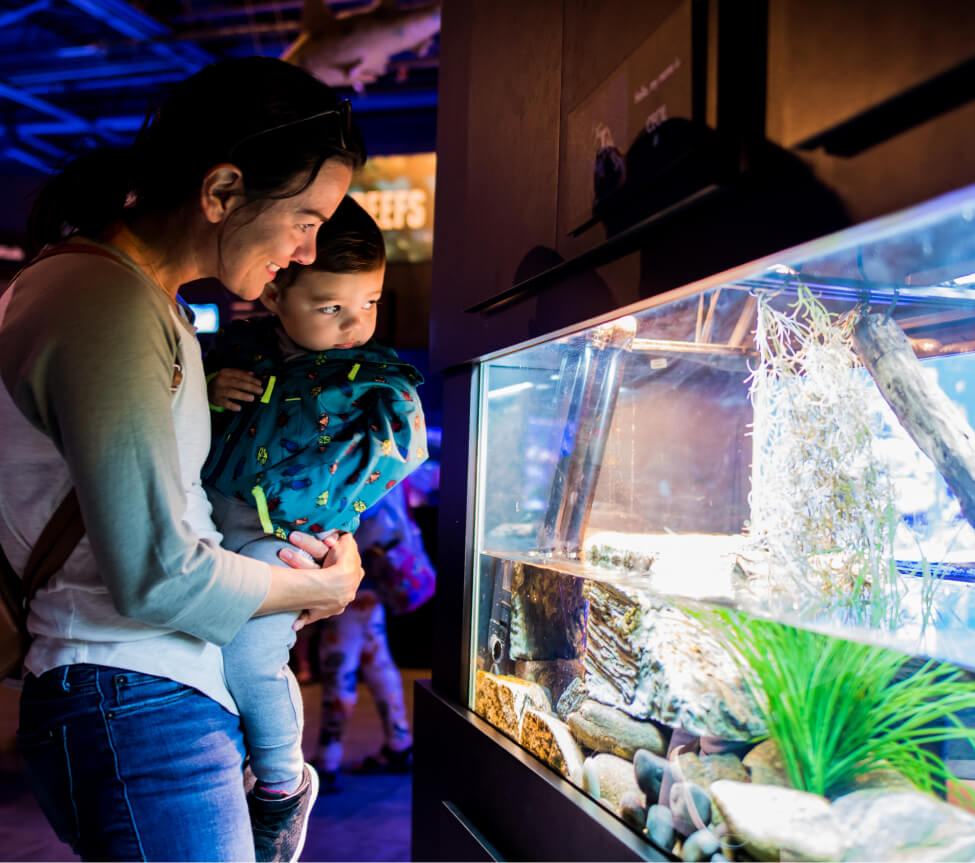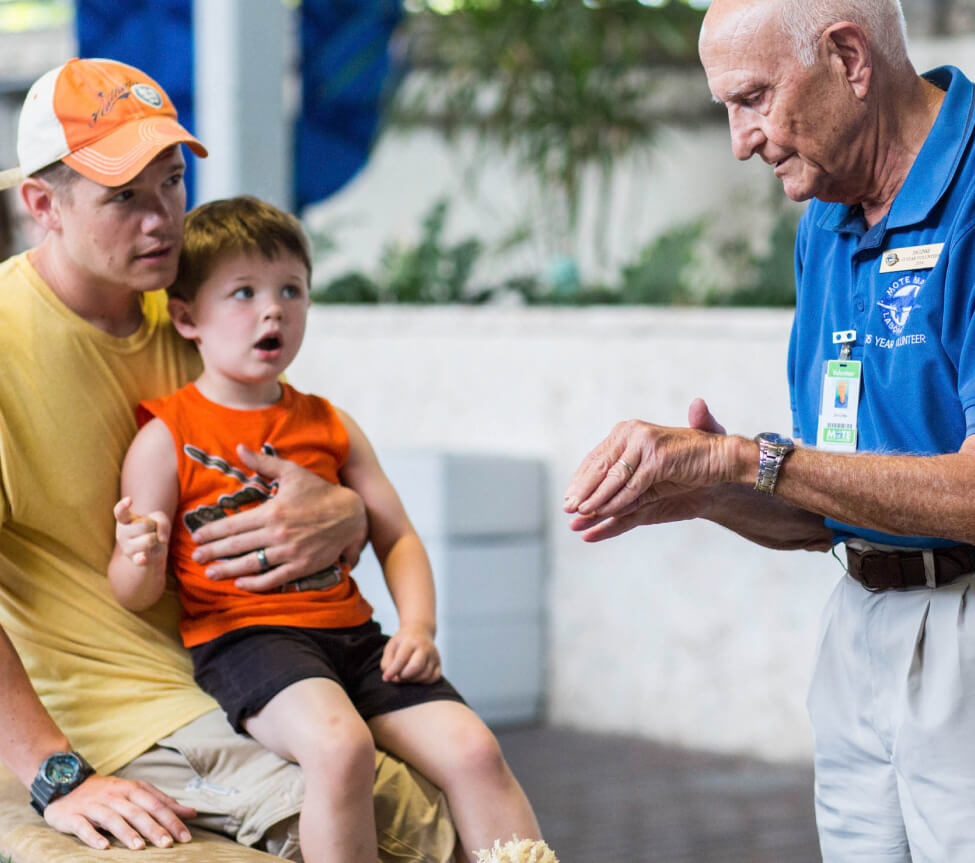Aquaculture Facilities at MAP
Mote Aquaculture Research Park (MAP) includes about 15 acres of buildings situated on 200 acres of land originally purchased through a decisive investment by Mote Scientific Foundation. This innovation-focused campus features state-of-the-art research, pilot- and commercial-scale aquaculture systems that recycle 100% of their saltwater. Traditional aquaculture uses large quantities of high-quality water that is discharged after minimal use. Water is globally recognized as a valuable and limited commodity, so Mote scientists develop technologies to clean and reuse this resource to its maximum potential.
MAP, located nearly 20 miles away from any large body of water, demonstrates how sustainable recirculating aquaculture can succeed inland.
Two Mote programs closely involved with this campus are the Marine & Freshwater Aquaculture Research Program and our Fisheries Ecology & Enhancement Program.
Over the years, MAP has housed a diverse array of successful Mote research, including:
- Decades of groundbreaking studies on breeding, rearing and responsibly releasing common snook, a popular sportfish vulnerable to environmental challenges.
- Spawning and rearing technologies for a wide range of other species, including Pacific snook, Florida pompano, southern flounder, greater amberjack, red drum, red snapper, zebrafish, abalone, shrimp, hard corals and long-spined sea urchins.
- New efforts to help develop a food source for the future: cultivated seafood made by culturing cells.
- Marine aquaponics systems that successfully raise red drum together with sea purslane, an edible sea vegetable.
- Studies on oil spill impacts to fish health in the wake of the Deepwater Horizon oil spill.
… and more!
This also campus includes the Ron and Marla Wolf Aquaponics Center (made possible by the generous support of the Wolf Foundation), which was recently established to expand Mote’s successful research with marine aquaponics: raising saltwater fish and plants together in a sustainable, closed-loop system. The Wolf Aquaponics Center is designed to help Mote demonstrate the economic feasibility of sustainable, marine aquaponics at a scale relevant to commercial farms.




